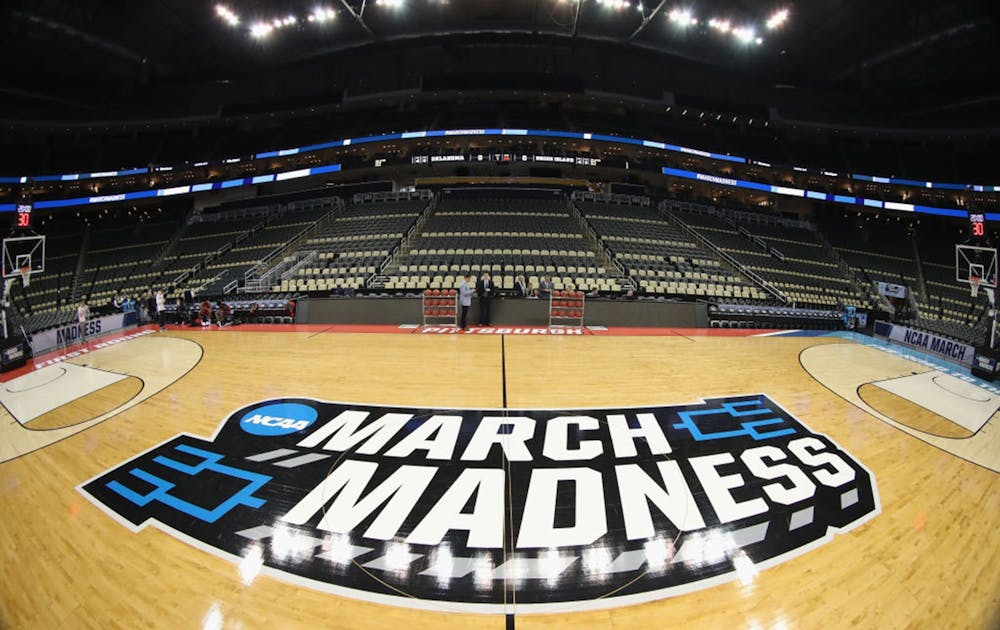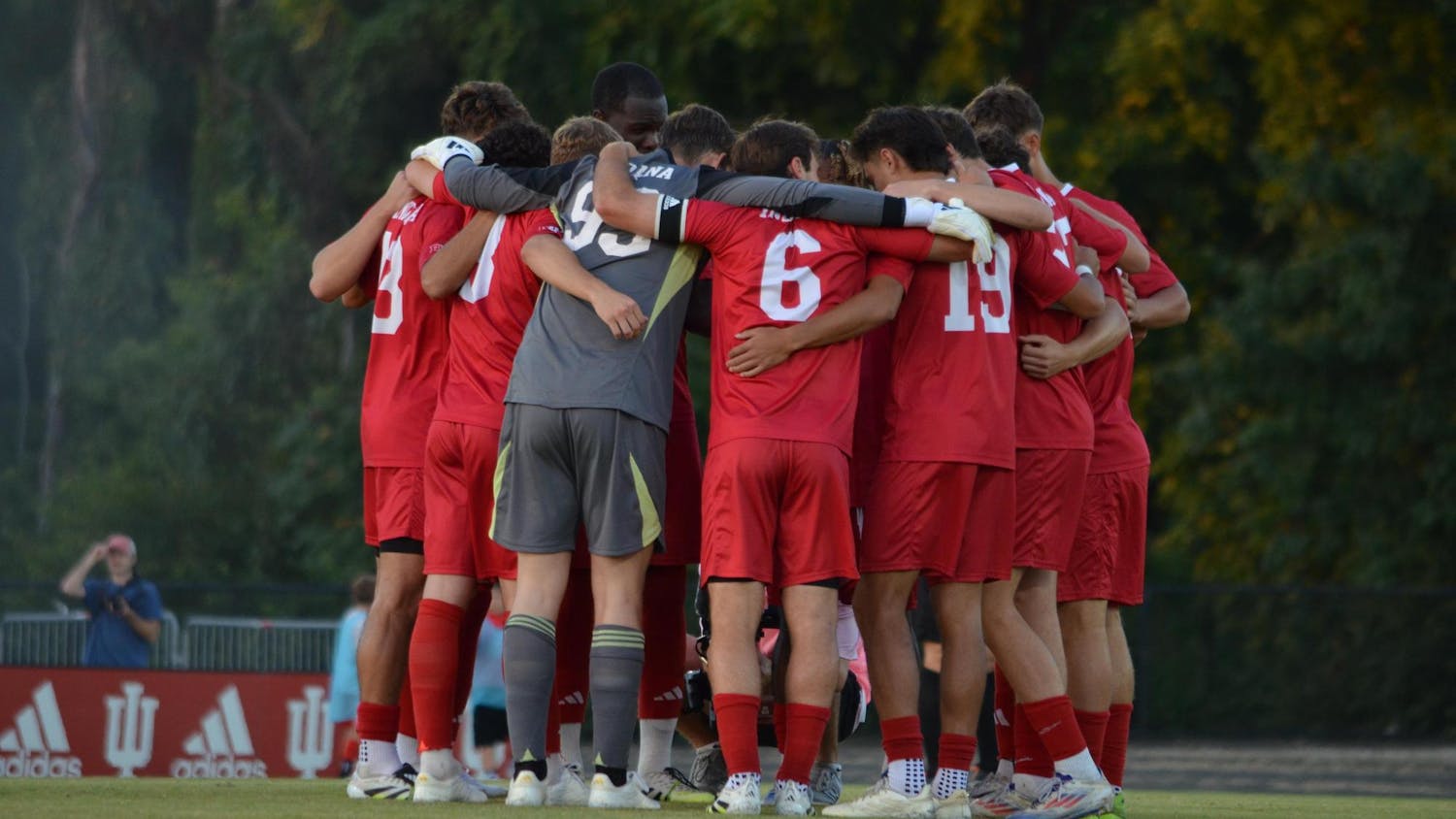The NCAA announced Sept. 29 that the “March Madness” marketing, which had long been exclusive to the men’s basketball tournament, will now apply to the women’s basketball tournament as well. It’s a good thing, but it’s a decision that shouldn’t have taken this long in the first place.
There should have been no time in which the branding wasn’t used for both tournaments. It should have been included when the NCAA first made use of the term in 1982 — ironically enough, the same year it first organized the women’s tournament.
Of course, the NCAA didn’t immediately apply the “March Madness” branding due to its approach of sticking women’s sports firmly in the back seat. Which, by the way, has not ended.
The only thing holding the powers that be from making the decision to change something as simple as marketing was a strange, ongoing series of decisions ensuring that women athletes receive the short end of the stick.
Time and again, the NCAA has buried women’s sports — deeper than it buried President Mark Emmert’s contract extension in a press release — when it can.
Last spring it was a weight room for the women’s basketball tournament put to shame by those of most hotels and blatantly inferior swag bags. In May, it was canceling a women’s golf tournament due to “course conditions” while admitting the course was still playable. The NCAA just hasn’t shown that it’s willing to take truly meaningful action.
It even extended to the food — providing meals fit for royalty for the men’s tournament while telling women their nutrition matters less. Historically speaking, sticking one’s neck out after making such a statement has yielded less than positive results, but the NCAA should make an exception here.
Yes, the use of “March Madness” marketing is a win, but athletes, coaches and fans should take this decision with a grain of salt. It’s one step forward for women’s athletics, but the NCAA needs to stop preventing them from leaping.
What could cut those ties? The federal government, of course.
The NCAA, as an organization rather than an academic institution, currently has no legal obligation to abide by the terms of Title IX, the federal civil rights law prohibiting sex-based discrimination in schools obtaining federal funding.
Athletes, coaches and fans weren’t the only ones outraged by the NCAA’s constant blundering of women’s sports. Thirty-six Democratic members of the United States House of Representatives sent a letter to Emmert in March demanding answers to the inequity.
Why didn’t you give them a weight room? Why’d you feed them mystery meat? Why’d you cheap out on COVID-19 tests? Why are you even still in charge, dude?
I made that last one up, but you believed it for a second. The NCAA is a paper tiger compared to federal authorities, and it's smart enough to know that. That’s an enemy anyone with a brain would rather not make.
As such, the NCAA’s path forward is abundantly clear: uplift women’s athletics by providing superior marketing, facilities and attention or stand still until someone more powerful forces it to move.
But then again, we aren’t exactly dealing with a bastion of intelligent decision-making, are we?




